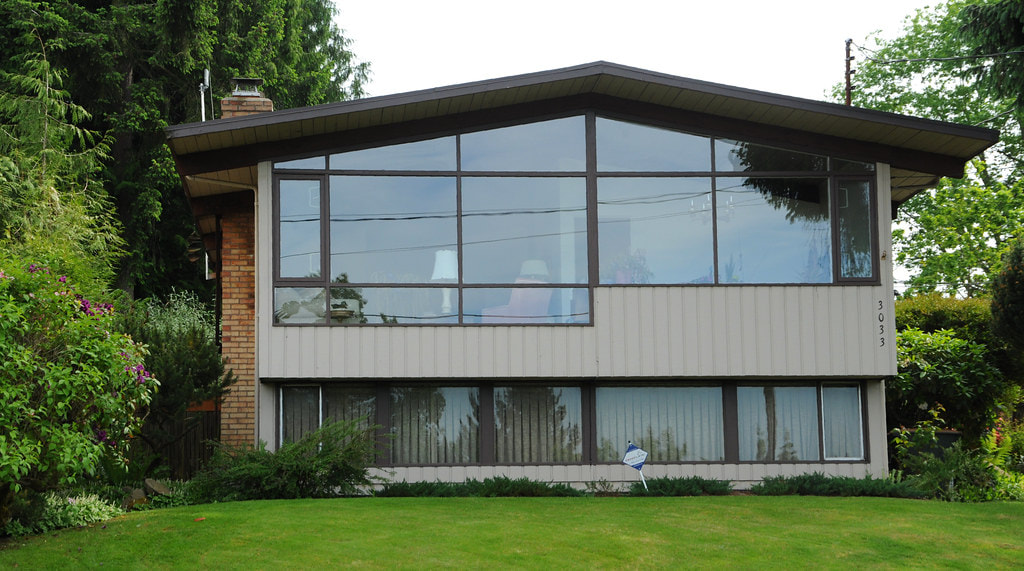 When it comes to enhancing your home's comfort, energy efficiency, and aesthetics, residential window tint installation offers numerous advantages. From reducing glare and UV radiation to improving privacy and saving on energy costs, window tinting provides an effective solution for homeowners seeking to improve their living environment. Window tinting helps regulate indoor temperature by reducing heat transfer through windows. By blocking solar heat gain, tinted windows can significantly reduce the need for excessive air conditioning, resulting in lower energy consumption and utility bills. Window tinting is designed to block harmful ultraviolet (UV) radiation. This is particularly beneficial for homeowners concerned about their family's health. Tinted windows can prevent UV rays from entering the house, minimizing the risk of skin damage and fading of furniture, flooring, and artwork caused by prolonged sun exposure. Excessive glare from the sun can be a nuisance, making it difficult to enjoy natural light and causing eye strain. Residential window tinting helps reduce glare, creating a more comfortable and visually appealing living environment. This is especially valuable in rooms with televisions, computer screens, or home theaters where glare can be particularly disruptive. Window tinting can enhance privacy by limiting visibility from the outside. It prevents prying eyes from quickly viewing the interiors of your home while still allowing natural light to enter. Additionally, some types of window films offer added security, making it more difficult for intruders to break through windows. Residential window tint installation offers a range of benefits. By investing in window tinting, homeowners can create a more comfortable, cost-effective, and aesthetically pleasing living space. Comments are closed.
|